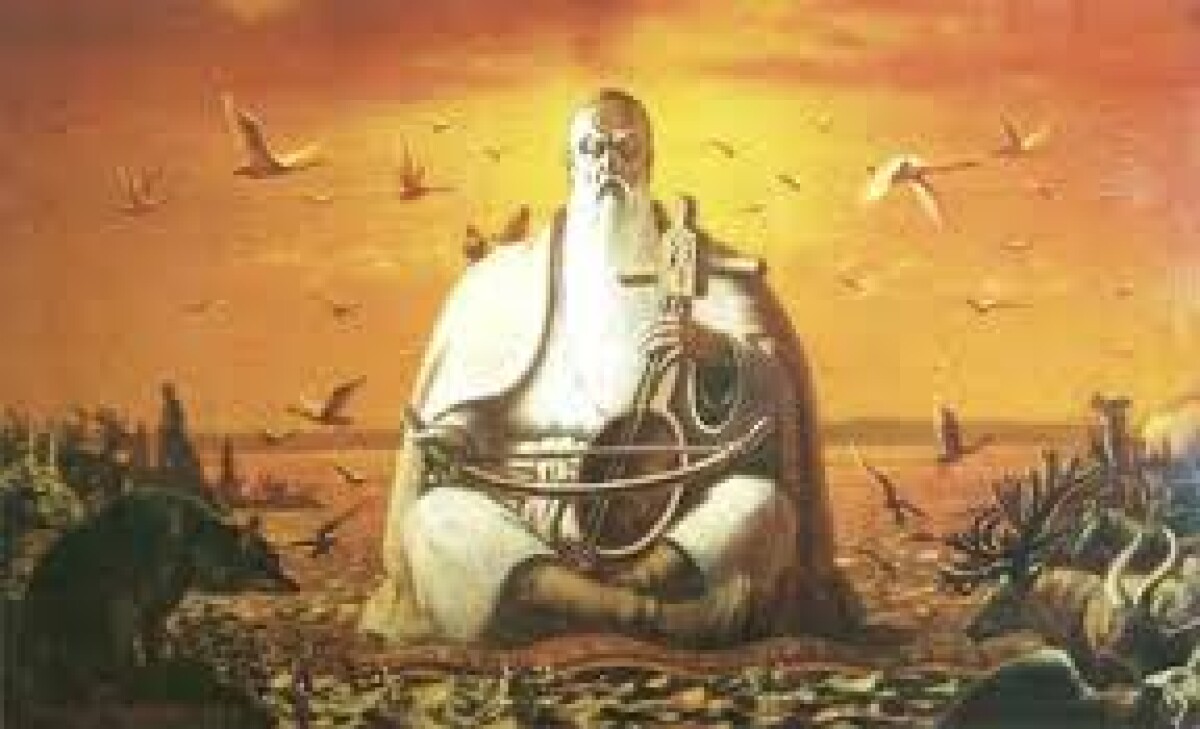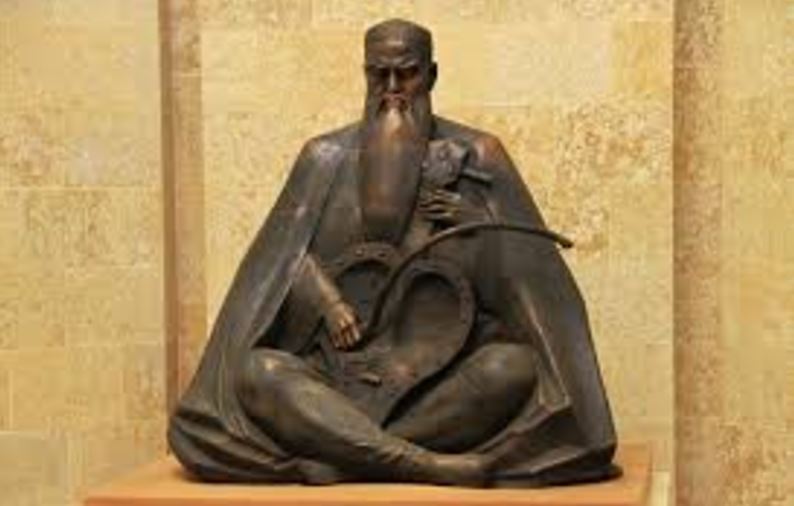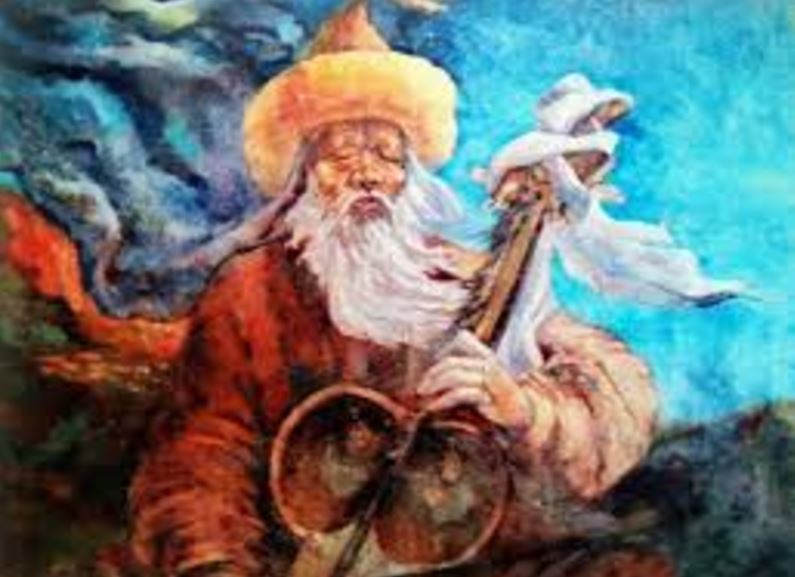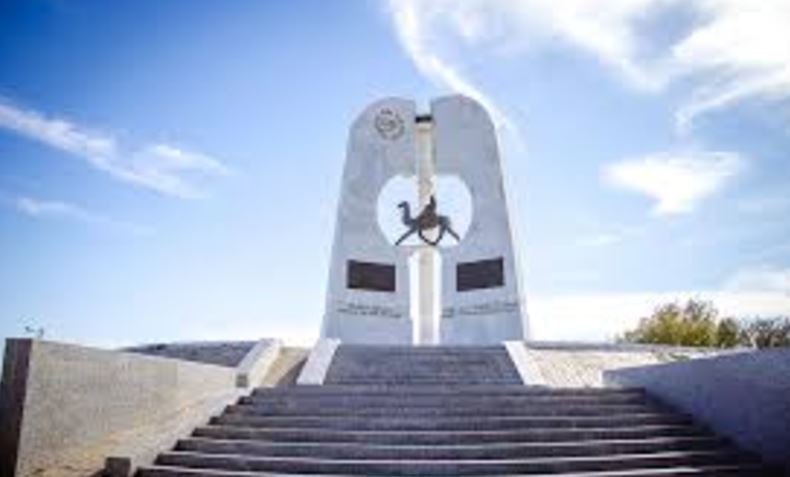
One of these legends is the legend of how Korkyt escaped from death. Thoughts aloud about this legend When we hear the name of Korkyt Ata, along with the kobyz, we involuntarily recall the legend of how he escaped from death. A. Margulan wrote: "Korkyt was a native of the Oguz-Kypchak tribe, who lived in the Syrdarya region for a long time, a wise adviser and mentor of the people, an unsurpassed akyn (uzan), a man endowed with the gift of clairvoyance. Tales about Korkyt are found in many Turkic-speaking peoples of Asia. But since the Kazakh people is the historical heir of the ancient Oguz-Kypchak tribes, their direct descendants, historical epics, myths and legends, songs and melodies about Korkyt are most common among the Kazakhs, as well as among the Turkmen."
Among the people there are many different legends about Korkyt, in some legends he appears as a man of art, the founder, ancestor of a kyui, and in others he is described as a man who fled death and sought eternal life. His philosophical works have survived to this day. Korkyt Ata is also known as a man of special mind, as a sage who decides the important problems of the people.
After himself, he left epic tales of human values, about life, about human behavior, about fate, about the future. Here is what Alisher Navoi wrote about Korkyt Ata: "Among the Turkic people is no more famous, great man than Korkyt Ata. No one can compare with his glory. He was a wise man who foresees the future for many years to come; his sayings live to this day."
Wise words, sayings of Korkyt Ata: "Until death does not come, people will not die, and the dead will not rise again", "The soul which has left body will not come back", "Fescue can not be compared with the height", “Enemy will not give up until touches the dagger", "A donkey will not become a horse", “Old piece of iron will not become an awl, the old enemy will not be your friend”, "It is better to fall apart the house that no one visits" etc. Korkyt traveled the whole world in search of eternal life. From this one sees the desire of man to find a solution to the problem of eternal life, to avoid and defeat death. But, as we know no one can escape death, where there is life, there is death.
Here, through the legendary image of Korkyt Ata, it is said that every person comes into this world and leaves in strictly allotted time, having known what is destined by destiny. The name of Korkyt is closely connected also with shamanic legends. Korkyt had the gift of prophecy, shamanism, Korkyt who wanted to save mankind from death, helped people to be born. Proof of this is the heroic epics of Oguz.
The very fact of his birth is mythical. He was the patron of the shamans. Researchers of the heritage of Korkyt Ata, in their materials write: "... from the information that has come down to us, we know that Korkyt, fleeing from death travels the entire world and returns to his homeland - the Syrdarya. In the fact that wherever Korkyt went, everywhere there is a dug grave, a philosophical idea lies about the need to "remember the inevitability of death," "to think about the existence of the other world." And maybe he felt death when he saw the burial graves, he thought, "Wherever I went – everywhere the grave of Korkyt."
In Islam, there is the principle "Remember death", the purpose of which is the renewal of repentance (taube), the emergence of satisfaction with one's own position. In history there are also those who feel the approach of death, turned to the Most High, dug their graves and spent the night in it. The legacy of Korkyt is the heritage of the people. A person needs to remember that besides pleasures in life there is also death, and that death does not look at the age, can come suddenly. Today we are, and tomorrow we are not.
Translated by Raushan MAKHMETZHANOVA



